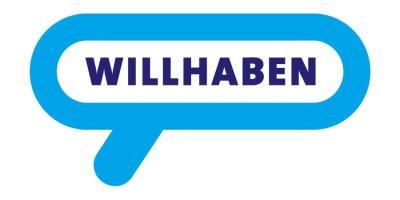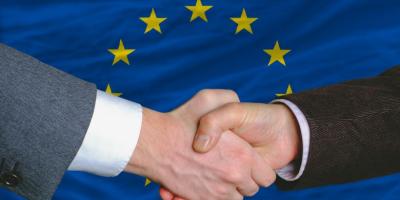Commission puts forward proposals for faster, easier and cheaper solutions to disputes with traders.
In 2010, one in five European consumers encountered problems when buying goods and services in the single market. If a seller refuses to repair your laptop which broke down when under guarantee or if you cannot come to agreement with a travel agent over a refund for a ruined holiday, there are ways to sort it out without going to court. But, unfortunately, at this stage, out-of-court dispute resolution in the EU is possible only for some business sectors or in some areas.
Problem solution without a court
To tackle this issue, the European Commission unveiled today a package of legislative proposals to ensure that all EU consumers can solve their problems without going to court, regardless of the kind of product or service that the contractual dispute is about and regardless of where they bought it in the European single market (that is, at home or abroad). For consumers shopping online from another EU country, the Commission wants to create an EU-wide single online platform, which will allow to solve contractual disputes entirely online within 30 days.
Faster, cheaper and easier
Alternative dispute resolution (ADR) for consumers is faster, cheaper and easier to use than court proceedings. It is estimated that universal access to quality ADR across the EU will save consumers around €22.5 billion/year. It will also help businesses manage their customer relations and boost their corporate image. The Commission wants the new package of laws to help increase consumers’ confidence in the EU-wide single market, which means for them wider choice and better prices, thus contributing to the growth of EU economy.
Health and Consumers Commissioner, John Dalli said “It is unacceptable that so many consumer problems are left unresolved because consumers have no real effective means of solving disputes with traders. This affects their pockets and hurts their confidence; it also slows down European growth. Once adopted, the proposals that I am putting forward today, will help European consumers to use easy, quick and inexpensive ways to sort out their problems, wherever and however they purchase a product or service in the EU."
What has been adopted today?
The Directive on Alternative Dispute Resolution (ADR) will ensure that quality out-of-court entities exist to deal with any contractual dispute between a consumer and a business. Under the proposal:
- ADR entities will have to meet certain quality criteria, i.e. be well-qualified impartial, transparent, effective and fair
- businesses will inform customers about the ADR entity which can deal with a potential contractual dispute with them
- ADR entities will resolve the disputes within 90 days.
- The Regulation on Online Dispute Resolution will create a EU-wide online platform (‘ODR platform’) providing consumers and businesses with a single point of entry for resolving on-line the disputes concerning purchases made on-line in another EU-country. This single European point of entry will:
- automatically send the consumer’s complaint to the competent national ADR entity
- facilitate the resolution of the dispute within 30 days.
What is in it for consumers and businesses?
- Consumers will have access to an effective and inexpensive way of solving their disputes with traders, regardless of the goods or services that they buy, however they buy (online or offline) and wherever they buy in the EU (in their country or abroad).
- Consumers buying on-line from other EU countries will be able to solve their contractual disputes with EU traders entirely online.
- Consumer savings are estimated at about 0.2% of the EU’s GDP (€22.5 billion).
- For businesses, access to alternative dispute resolution will be key to managing customer relations and enhancing corporate image, and also to save the costs of litigation.
- Consumers and traders across Europe will have the assurance that all European out-of-court entities called to resolve their disputes will meet the same criteria. They will be transparent, well-qualified, impartial, effective and fair.
- Ultimately, increased confidence will encourage consumers to behave more actively in searching for good offers and best prices across the EU single market, thus driving competition and economic growth.
Background
Alternative dispute resolution (ADR) relies on a neutral party (such as an arbitrator, mediator or an ombudsman). It is cheaper, quicker and simpler than going to court.
Today, there are more than 750 ADR entities in the EU. However, in some EU countries they are available only in some regions or only in some sectors (e.g. financial service or telecommunications to name some). Consumer and business awareness of ADR remains low. Online dispute resolution systems for cross-border online shoppers are not yet developed.
The cost of unresolved consumer disputes is estimated at 0.4% of the EU's GDP. This includes the money lost by European consumers due to problems when shopping from other EU countries, which is estimated between €500 million and €1 billion.
Next steps
The European Parliament and the EU Council have committed to adopting the package by the end of 2012 as a priority action in the Single Market Act. The package also completes one of the actions of the Digital Agenda for Europe. After the adoption, EU Member States will have 18 months to implement the ADR Directive. This means that quality out-of-court ADRs should be available everywhere in the EU in the second half of 2014.The single EU-wide platform for online dispute resolution will become fully operational six months after that deadline (i.e. in early 2015), as its operation requires the setting up and upgrading of out-of-court entities where needed.









